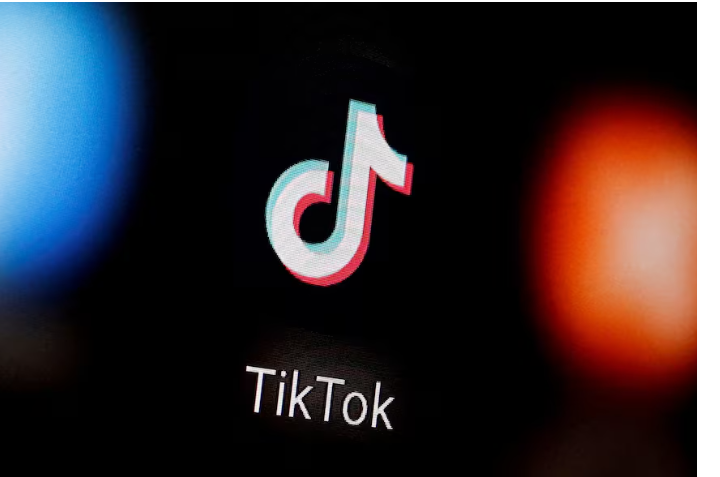A U.S. federal appeals court has upheld a law requiring ByteDance, the Chinese parent company of TikTok, to divest its ownership of the app or face a nationwide ban. The court ruled that the law, passed earlier this year, is a justified response to national security concerns. Critics, including TikTok, argue the legislation infringes on free speech and disproportionately targets the app, but the court found no evidence of intent to suppress content, reinforcing the government's authority to address foreign control over critical communication platforms.
The legal battle underscores tensions between national security priorities and digital freedoms. U.S. officials contend that TikTok’s connection to China poses risks, including potential manipulation of public discourse and data exploitation. Despite ByteDance’s assurances of operational independence, lawmakers remain skeptical, citing broader geopolitical concerns. The court’s decision reflects deference to the executive branch on national security issues, emphasizing Congress’s deliberate approach in crafting the legislation.
TikTok is expected to appeal the ruling to the U.S. Supreme Court, potentially extending the app’s operations in the interim. The Biden administration could also grant a temporary extension to the compliance deadline, delaying enforcement. Meanwhile, discussions of potential buyers have intensified, with U.S. investors showing interest in acquiring the platform to meet the legal requirements and keep TikTok available domestically.
Public reaction to the decision has been mixed. While some applaud the government’s firm stance on safeguarding national interests, others worry about the implications for free speech and the precedent it sets for regulating tech companies. For creators and users, TikTok’s uncertain future has raised questions about platform reliability, leading many to explore alternatives or diversify their online presence.
This landmark case highlights the complexities of balancing technological innovation, global competition, and national security. As ByteDance prepares for its next legal steps, the outcome will shape not only TikTok’s trajectory but also the regulatory landscape for international tech giants operating in the United States.





